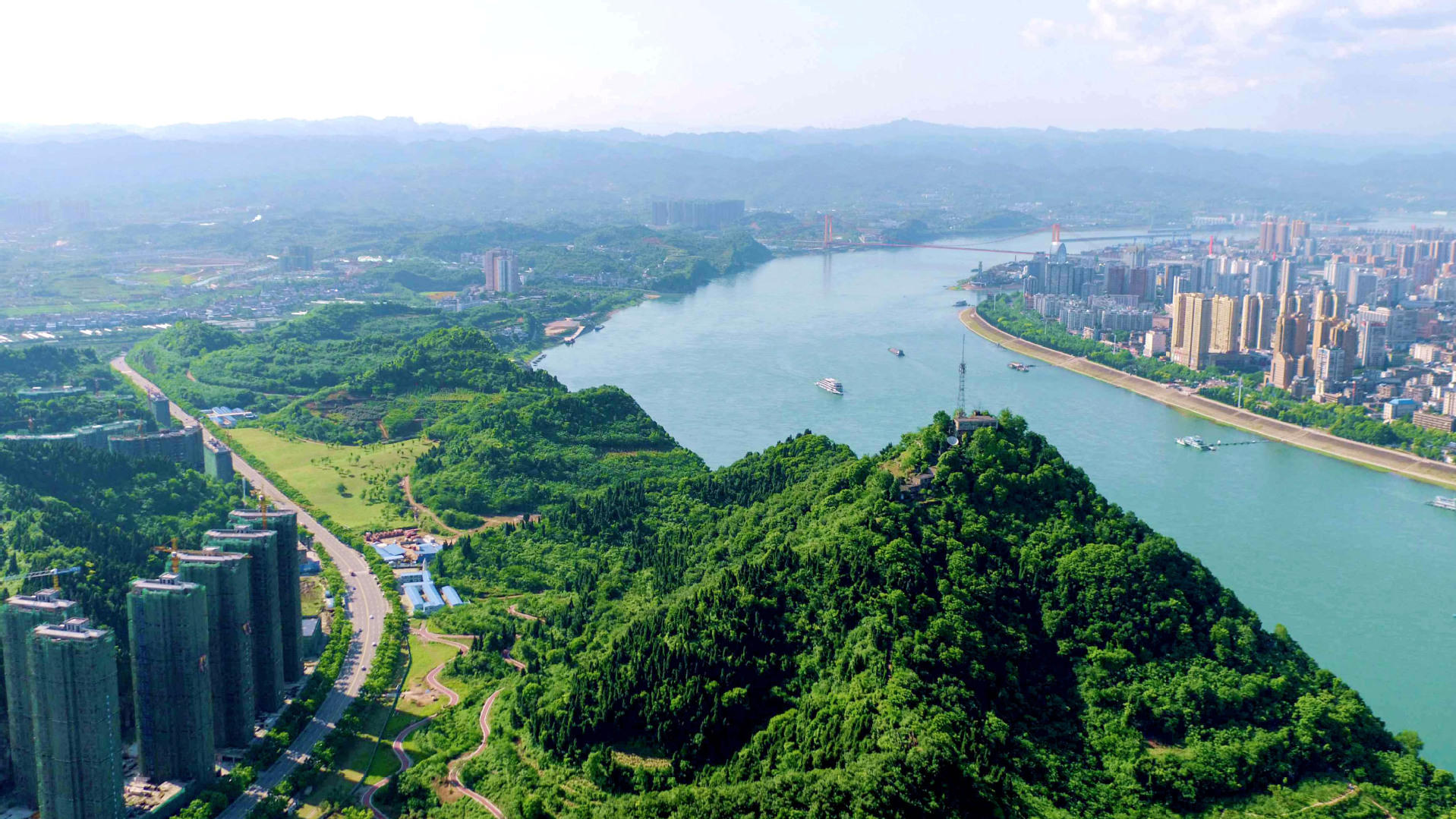
十三届全国人大常委会第二十四次会议通过的长江保护法将从2021年3月1日起实施。制定该法是为了加强长江流域生态环境保护和修复,促进资源合理高效利用,保障生态安全,实现人与自然和谐共生、中华民族永续发展。
Yangtze River Protection Law, passed at the 24th Standing Committee session of the 13th National People's Congress, will take effect on March 1, 2021. The law is formulated to strengthen the protection and restoration of the ecological environment in the Yangtze River basin, facilitate the effective and rational use of resources, safeguard ecological security, ensure harmony between human and nature, and achieve the sustainable development of the Chinese nation.

【知识点】
长江流域,是指由长江干流、支流和湖泊形成的集水区域所涉及的青海省、四川省、西藏自治区、云南省、重庆市、湖北省、湖南省、江西省、安徽省、江苏省、上海市,以及甘肃省、陕西省、河南省、贵州省、广西壮族自治区、广东省、浙江省、福建省的相关县级行政区域。长江经济带覆盖沿江11省市,横跨我国东中西三大板块,人口规模和经济总量占据全国“半壁江山”,生态地位突出,发展潜力巨大。
依法维护长江流域生态安全,推进长江流域绿色、可持续、高质量发展,事关国家经济社会发展的全局,事关中华民族和子孙后代的长远利益,意义重大,影响深远。作为我国首部流域法律,长江保护法坚持生态优先、绿色发展的战略定位,突出共抓大保护、不搞大开发的基本要求,针对长江流域的特点和存在的突出问题,采取特别的制度措施,推动长江流域经济社会发展全面绿色转型,实现人与自然和谐共生。
【重要讲话】
要把修复长江生态环境摆在压倒性位置。要加快建立生态产品价值实现机制,让保护修复生态环境获得合理回报,让破坏生态环境付出相应代价。
The restoration of the ecological environment of the Yangtze River should be a major priority. The establishment of mechanism for value realization of ecological products should be accelerated whereby protection and restoration of the ecological environment shall be reasonably rewarded, while those responsible for the ecological environment destruction shall pay their due price.
——2020年11月14日,习近平在全面推动长江经济带发展座谈会上发表的重要讲话
【相关词汇】
长江经济带
Yangtze River Economic Belt
绿色低碳发展
green and low-carbon development